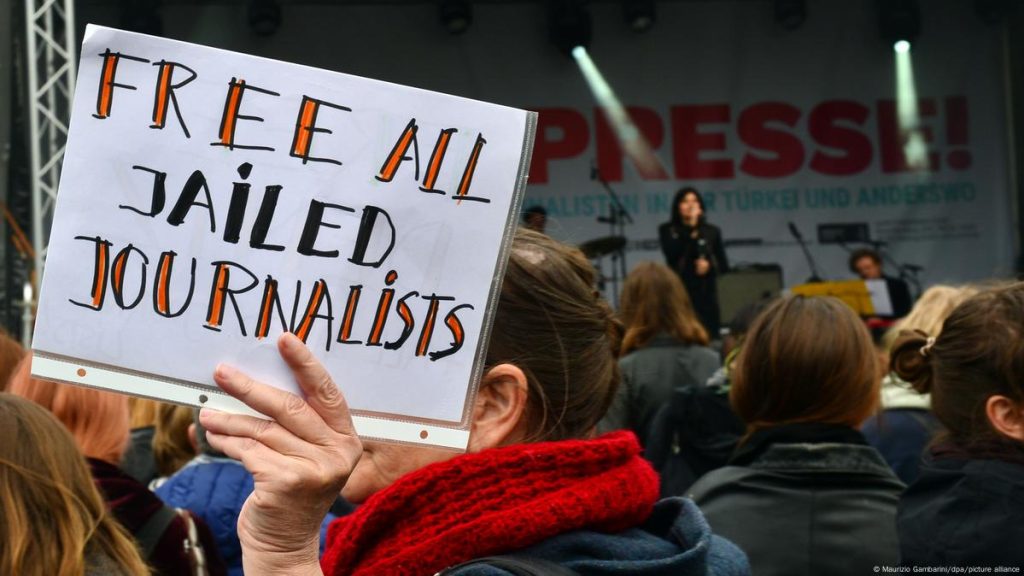When President Recep Tayyip Erdoğan cited Hitler’s Germany as a model for an effective presidential system, his office was quick to claim the media had “distorted” his words. Yet, for the editor-in-chief of the country’s most influential newspaper, Hürriyet, simply reporting on the President’s controversial statements was enough to face a potential five-year prison sentence for “insult.” In Erdoğan’s Turkey, the assault on free speech has moved far beyond a “worrying” trend; it has become a systematic and ruthless campaign to crush all forms of opposition.
The judiciary, once a pillar of the republic, now operates as a weapon of the executive. Prosecutors are no longer guardians of the law but enforcers of the president’s will. Consider the case of a popular talk show, where a criminal investigation for “terrorist propaganda” was launched after a caller, identifying as a teacher, lamented the deaths of civilians, including “unborn children and babies,” during military operations in the Kurdish-majority regions. She did not mention any armed group, yet her plea for peace was treated as a criminal act.
This war on dissent is not limited to the press. Over 1,100 Turkish academics, joined by 300 of their international colleagues, signed a declaration calling for an end to the violence and refusing to be “a party to the crime” of state-inflicted massacres. Erdoğan’s response was swift and brutal. He branded the signatories “dark people,” “villains,” and “vile,” publicly calling on the judiciary to punish their “treachery.” Police raids and detentions followed shortly after.
The hypocrisy of the state’s actions is staggering. While academics face prosecution for peace petitions, a notorious convicted mafia leader who publicly threatened to “take a shower in their blood” has faced no legal repercussions. The message is clear: in today’s Turkey, calls for peace are terrorism, while threats of violence in support of the state are tolerated.
The statistics paint a grim picture of this reality. In 2015 alone, an estimated 500 journalists were fired, 70 were physically assaulted, and dozens remain imprisoned on dubious terrorism charges. The country’s prisons are filled to capacity, a stark metaphor for a nation where the space for dissent has been completely choked off.
And what of Europe? Faced with this blatant descent into authoritarianism, the European Union offers little more than tepid expressions of “extreme concern.” Brussels appears content with a “transactional” relationship, prioritizing the refugee deal over the fundamental rights of 80 million people in a candidate country. Prominent writers and press freedom organizations have called on European leaders to act, stating plainly that intimidation and threats have become “the norm.”
As imprisoned journalist Can Dündar aptly warned, the refugee crisis must not be allowed to overshadow the systematic violation of fundamental freedoms. The situation in Turkey has long passed the threshold of “worrying.” It is a full-blown crisis, a methodical dismantling of democracy happening in plain sight, met by the calculated indifference of its Western partners.


